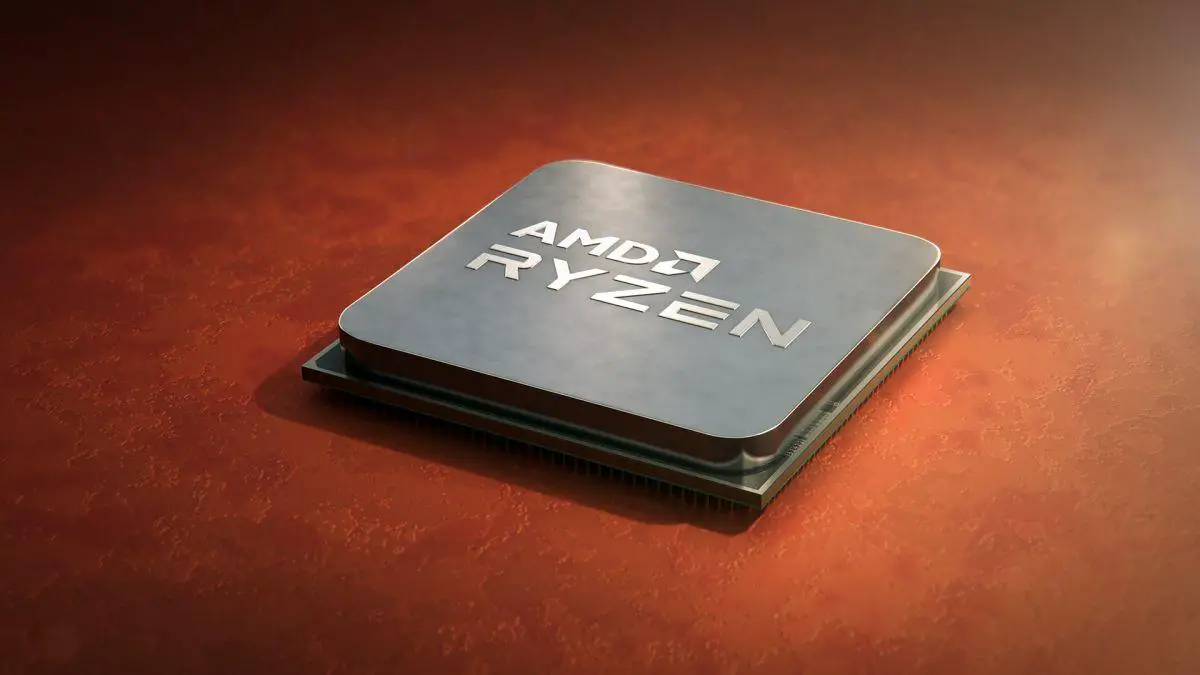AMD repairs the USB disconnection problem of 400 series and 500 series chipset motherboards
Earlier, some users reported that AMD 500 series chipset motherboards encountered frequent disconnection of the USB interface, whether it was connected to a mouse or keyboard, or a microphone or VR headset.
But the official AMD response did not arrive until a few months later. Not long ago, AMD announced that it has learned about the problem, is analyzing the cause of the problem, and asking the community for help, telling them the hardware configuration and error information that they encountered.
AMD has investigated and found that motherboards such as AMD X570, X470, B550, and B450 all have this problem, and the cause of the problem is that PCIe 4.0 is enabled.

It should be noted that although the 400 series chipset motherboard supports PCIe 4.0, AMD does not recommend OEM manufacturers to enable it, because the 400 series chipset does not perfectly support PCIe 4.0, but some manufacturers still forcefully unlock the 400 series chipset against AMD’s wishes PCIe 4.0 on the motherboard.
As for the 500-series chipset motherboards encountering the crazy USB disconnection caused by the enabling of PCIe 4.0, AMD also provides a solution. Users can refer to:
Based on user feedback we have received; the suggestions below could improve or resolve general USB device stuttering issues.
Verify that your motherboard is updated to the latest BIOS version and configured using optimized/factory default settings. Check your motherboard manufacturer’s website for BIOS update and download instructions.
Check if your Windows 10 is on the latest build and fully up to date. For information on updating Windows 10, please refer to the Microsoft article: Update Windows 10
Ensure that the Ryzen chipset driver from AMD is installed and up to date. The latest Ryzen chipset driver version is 2.13.27.501 and can be download here.
If you continue to experience USB connectivity problems after following the suggestions above, you may consider using either of the following workarounds:
Set PCIe mode from Gen4/Auto to Gen 3 in the BIOS
Disable Global C-State in the BIOS.
These settings are found in the BIOS. Please refer to the motherboard user manual if more information is needed.





